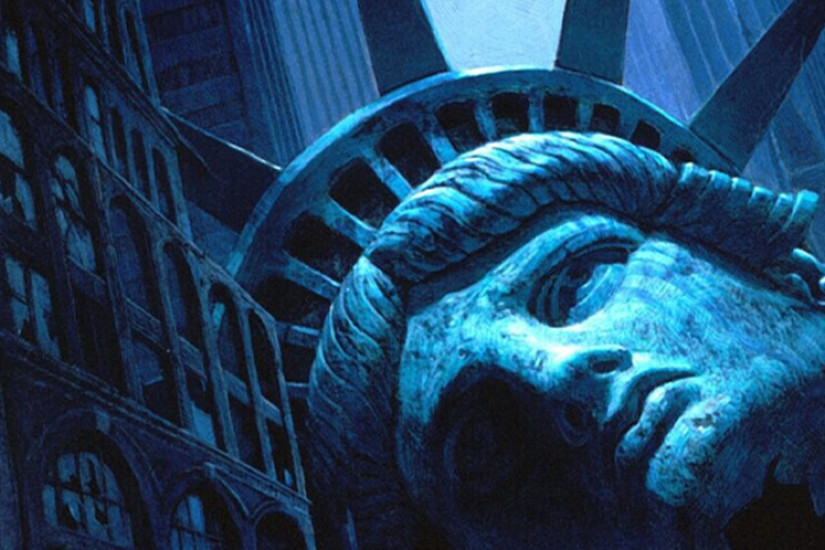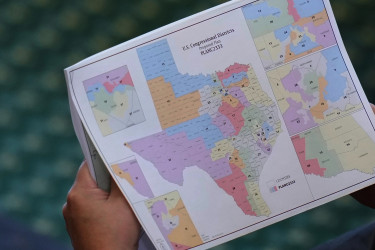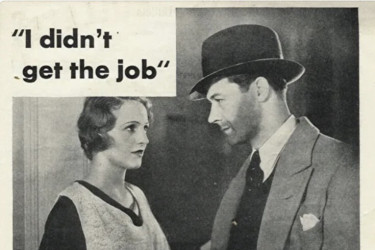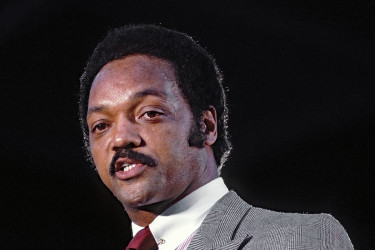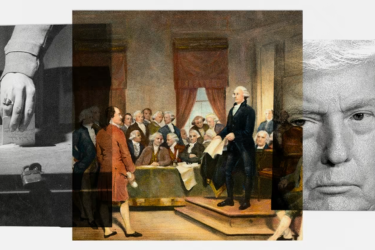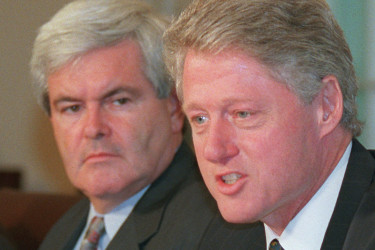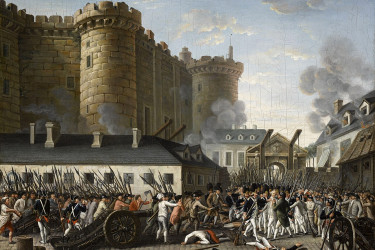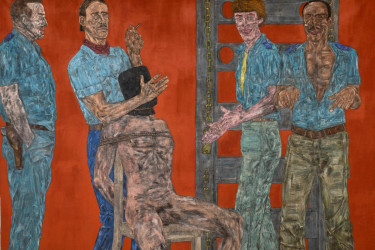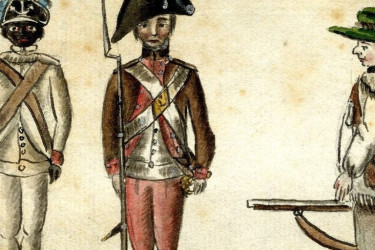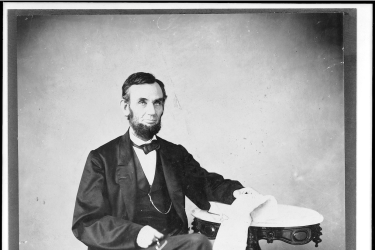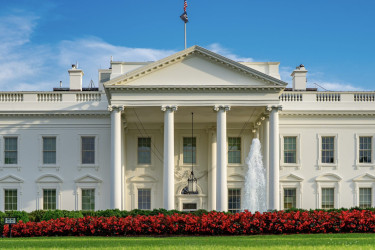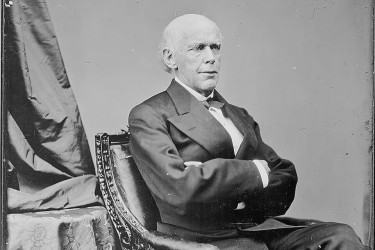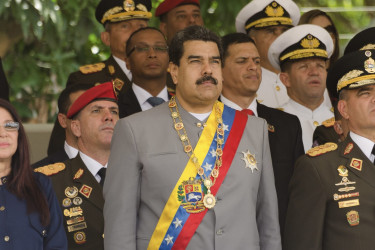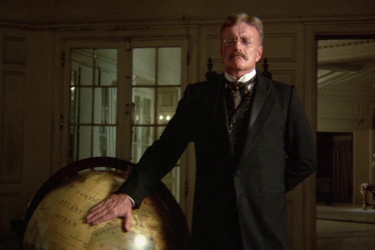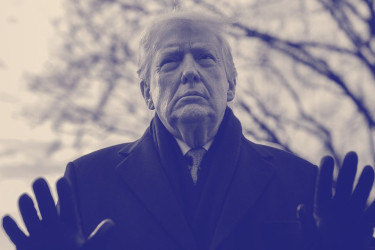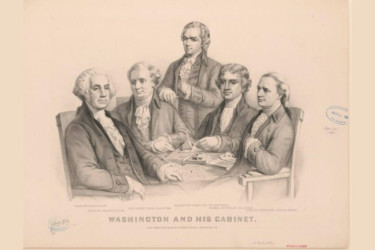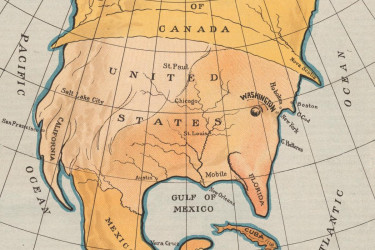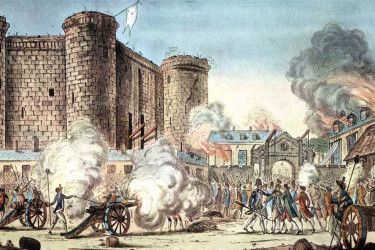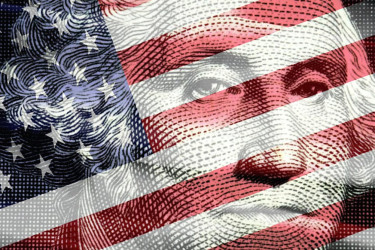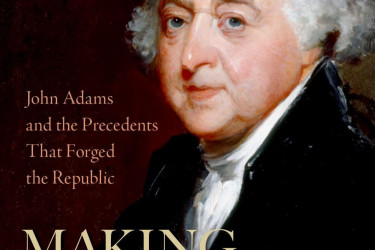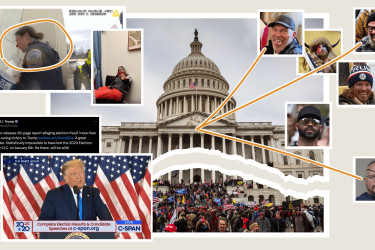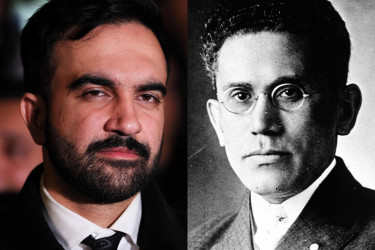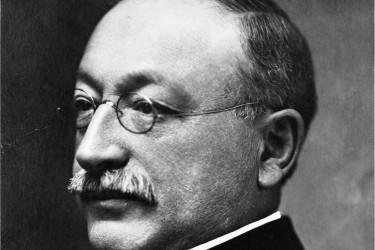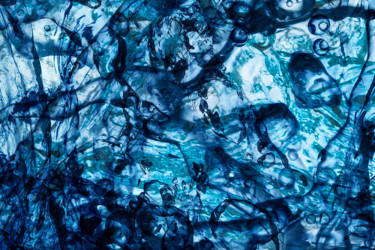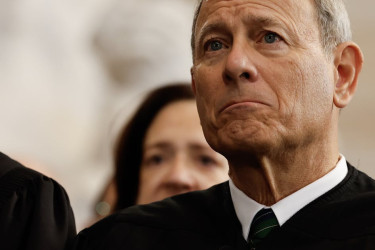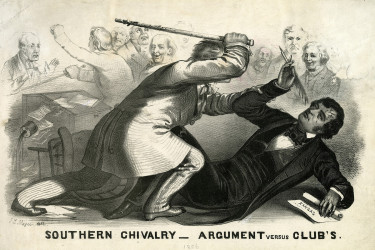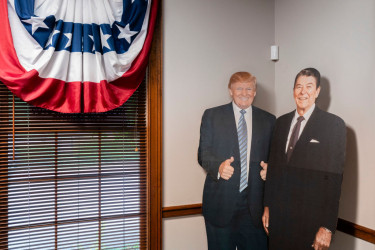Power
Exhibits

Social Safety Net
How Americans through the years have approached the thorny questions of identifying who the government is obliged to help and how such assistance should be funded and distributed.
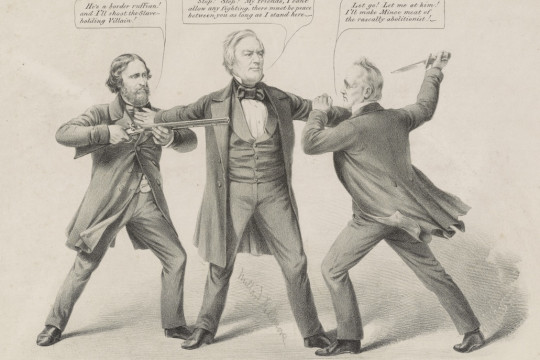
Polarized Lenses
The battle lines taking shape across America's political, media, and cultural spaces seem to be thickening by the day. How can history help us navigate this growing polarization?

Federal Bureaucracy
The federal government is the nation’s biggest employer. To many, its size is a problem in itself. This exhibit asks: how big is too big, and what do we miss when we focus on size alone?

American Corruption
The constant tug of war between those who try to bend government for their own gain and those who try to root out corruption and reform the system.

Legacies of Jimmy Carter
Historical reappraisals of Carter's legacies in foreign relations, the economy, the environment, and electoral politics.

Trumpism
A presidency often referred to as "unprecedented" has deep roots in American history.

Voting Rights: A Retrospective
Voting, a right not initially enshrined in the Constitution, has been secured, revoked, and contested since the nation's founding era.

The Many Faces of Nativism
As this exhibit shows, anti-immigrant sentiment has been a throughline of American history.

A Big Tent
Exploring the history of the Democratic Party, from its earliest days through the New Deal, the Long Sixties, and the post-Cold War era.

Declaring Independence
A collection of resources about the meanings of the 1776 document in its own time – and in ours.

President Precedents
How Americans understand the powers of the office and the legacies of past leaders.

“All Persons Born or Naturalized in the United States...”
A collection of resources exploring the evolving meanings of American citizenship and how they have been applied -- or denied -- to different groups of Americans.

Election of 2020
A look back at what historians have had to say about this epic contest over the nation's future.
